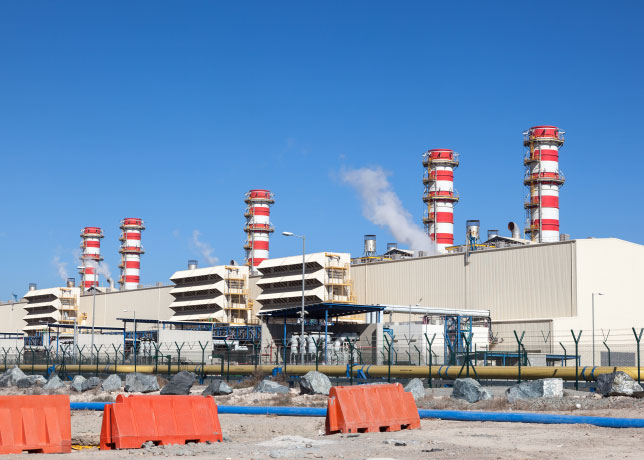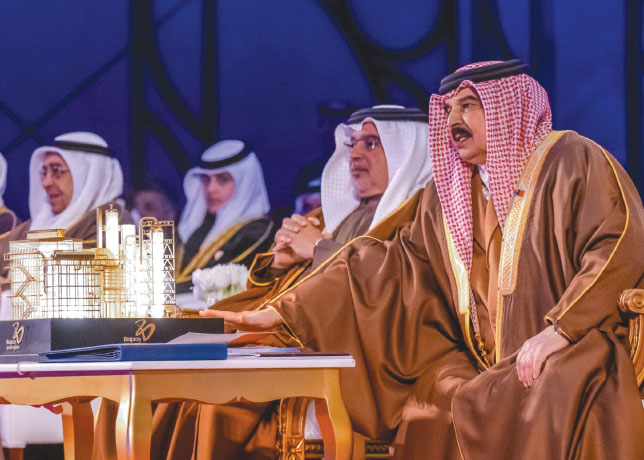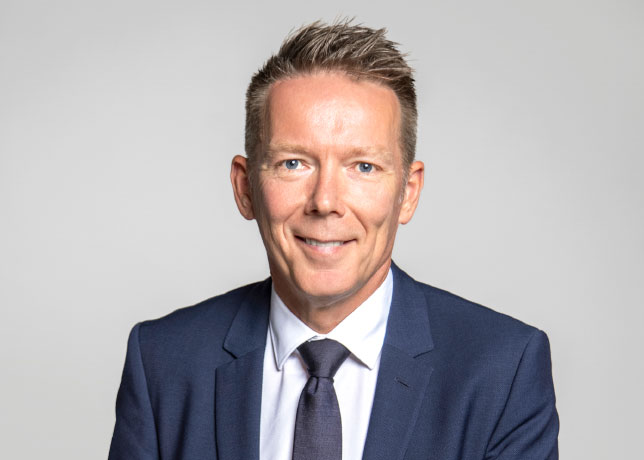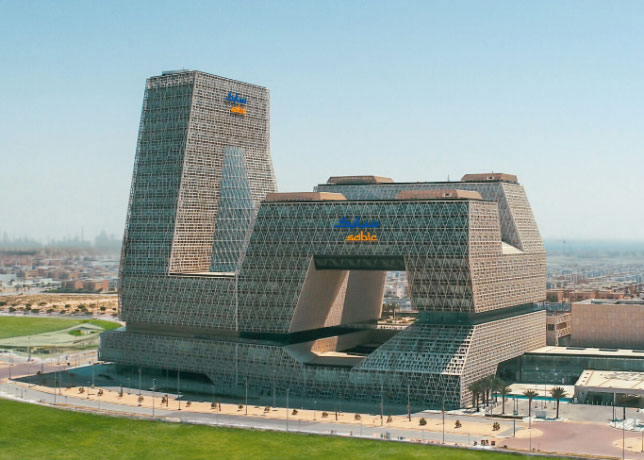
 Milestone ... His Majesty King Hamad inaugurates BMP
Milestone ... His Majesty King Hamad inaugurates BMP
From a concept in 2015 to finally being brought online on December 18, 2024, the Bapco Modernization Project (BMP) will bring value to the Kingdom of Bahrain through increased monetising of its oil and gas resources, in an efficient manner.
The new refinery has been designed keeping in mind the country's responsibility to the environment, and uses the latest technology to reduce emissions while meeting future energy demands and lead the sustainable transformation of the refining industry.
The refinery was inaugurated by His Majesty King Hamad of Bahrain in the presence of His Royal Highness Prince Salman bin Hamad Al Khalifa, Crown Prince and Prime Minister, aligning with Bahrain's 53rd National Day and the Silver Jubilee of His Majesty’s reign.
Costing $7 billion, it's the largest investment in the country’s history, and will increase the refinery’s crude capacity by 42 per cent, reaching 400,000 barrels per day (bpd) when it reaches full production this year.
BMP builds on the 90-year-old legacy of Bapco, which was the first company in the Gulf region to tap into crude oil.
Mark Thomas, Group CEO of Bapco Energies – state-owned integrated energy company leading the Kingdom's energy transition – said the BMP will play a crucial role in Bahrain’s Vision 2030, aiming to diversify the energy sector, increase refining capacity, and bolster the Kingdom's position as a global energy leader.
In terms of value addition, the new refinery will convert 78 per cent of lower-grade feedstock into high-value distillates like jet fuel, diesel and kerosene, contributing significantly to its profitability and efficiency.
Thomas expects 85 per cent of the refinery’s production will be exported, thereby supporting the national economy, increasing government revenues, and providing high-quality products for the local market.
Environmental compliance is a key element of the BMP. Using advanced technology, the plant will recover 99.9 per cent of the hydrogen sulphide from the refinery’s processes while reducing sulphur dioxide emissions by a 50 per cent and increasing sulphur production by 600 metric tonnes per day to a total of 1,100 metric tonnes per day.
The new refinery will also see reduced nitrogen oxide emissions (by 5 per cent) treated wastewater discharge (9 per cent).
The BMP supports the development of national talent in Bahrain's vital energy sector. Speaking to the media, Dr Abdulrahman Jawahery, CEO of Bapco Refining, said more than 500 Bahraini engineers had been employed at BMP so far, with plans to achieve a 90 per cent Bahraini workforce over the next five years.
He added each job within the company creates 10 additional jobs in the private sector in support maintenance and services.
Bapco Energies operates across the entire energy value chain in Bahrain. According to Thomas, the country is seeking to diversify its energy sources and reduce reliance on gas by exploring solar, wind, and potential nuclear energy technologies, to complement the Kingdom's long-term energy goals.
Accordingly, Bapco Energies is developing a large-scale solar energy project in partnership with neighbouring Gulf countries, and studying a 2-gigawatt (GW) offshore wind energy project in collaboration with UAE's Masdar.
Efforts are also underway to maximise onshore oil and gas production at the Bahrain Field.
Meanwhile, crude oil import from Saudi Arabia will exceed 320,000 bpd from the current 220,000 bpd to feed the new refinery as operations gradually expand.
By Abdulaziz Khattak








































































